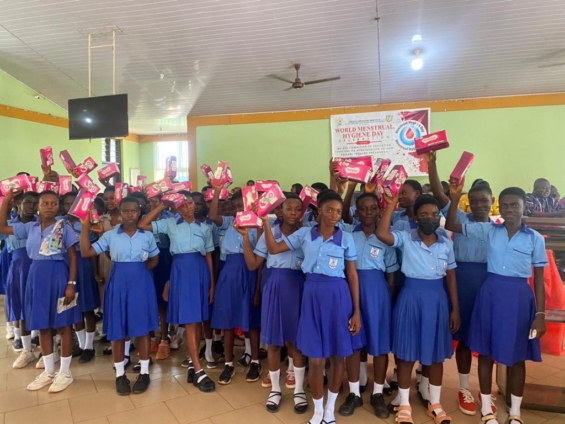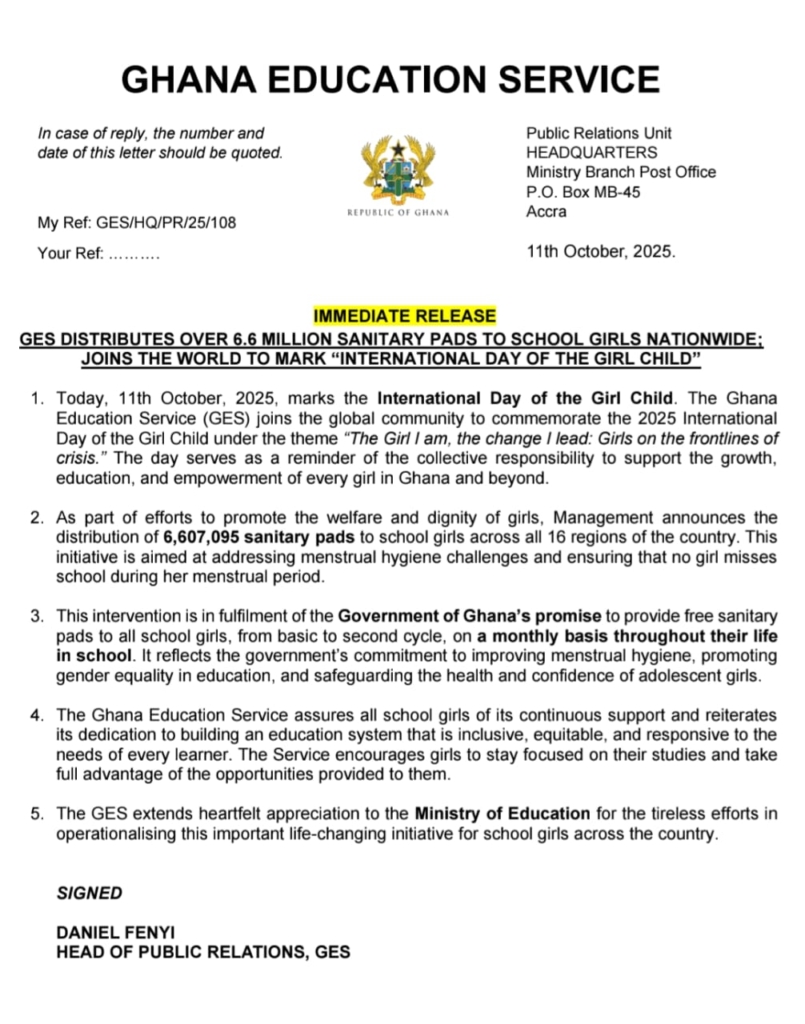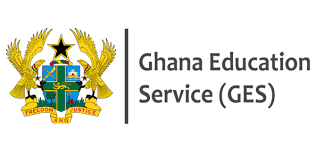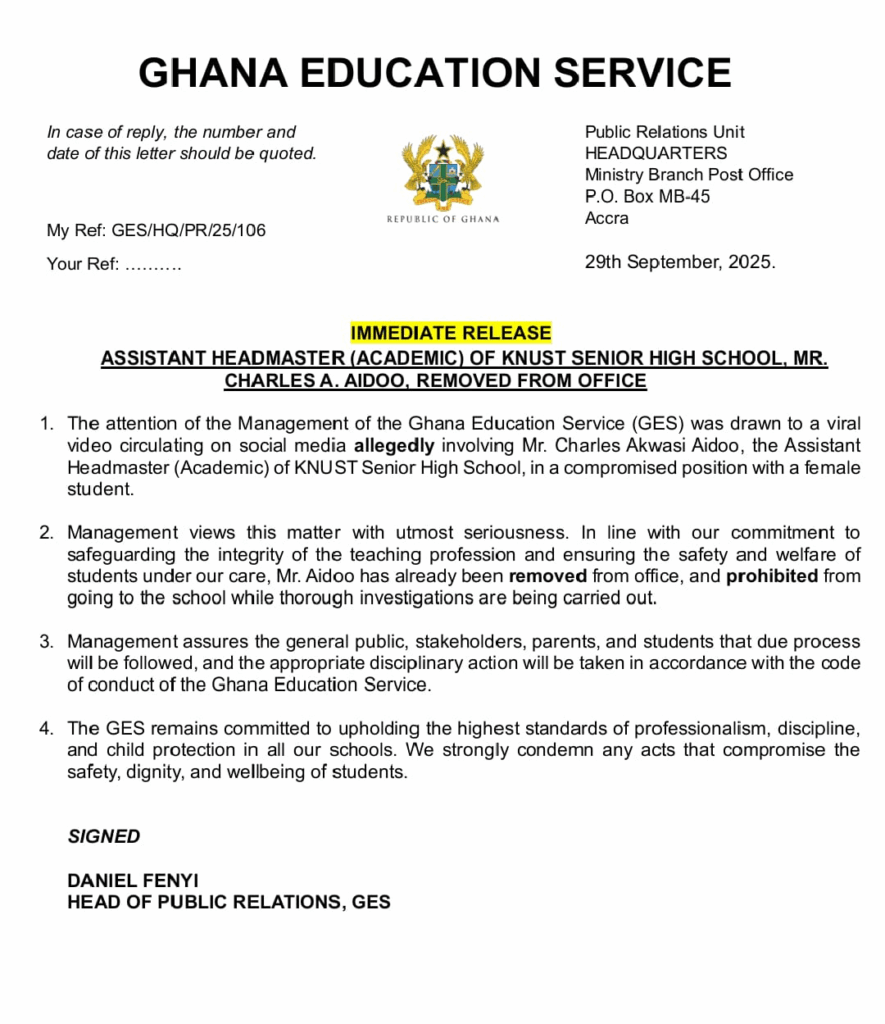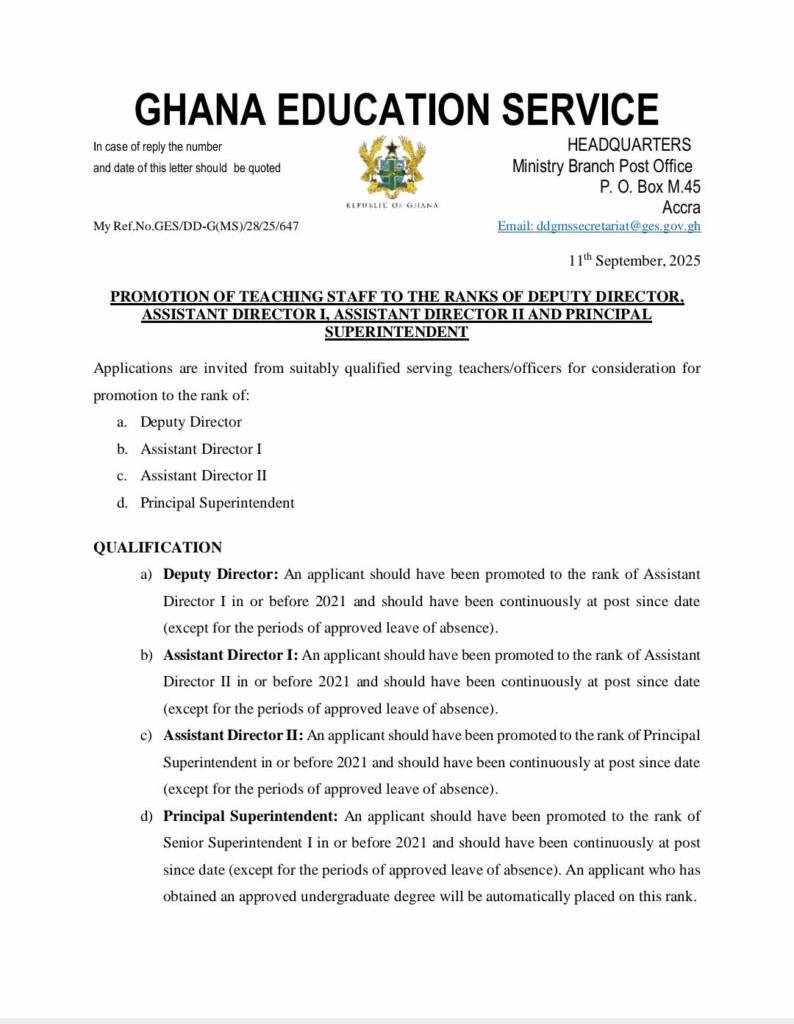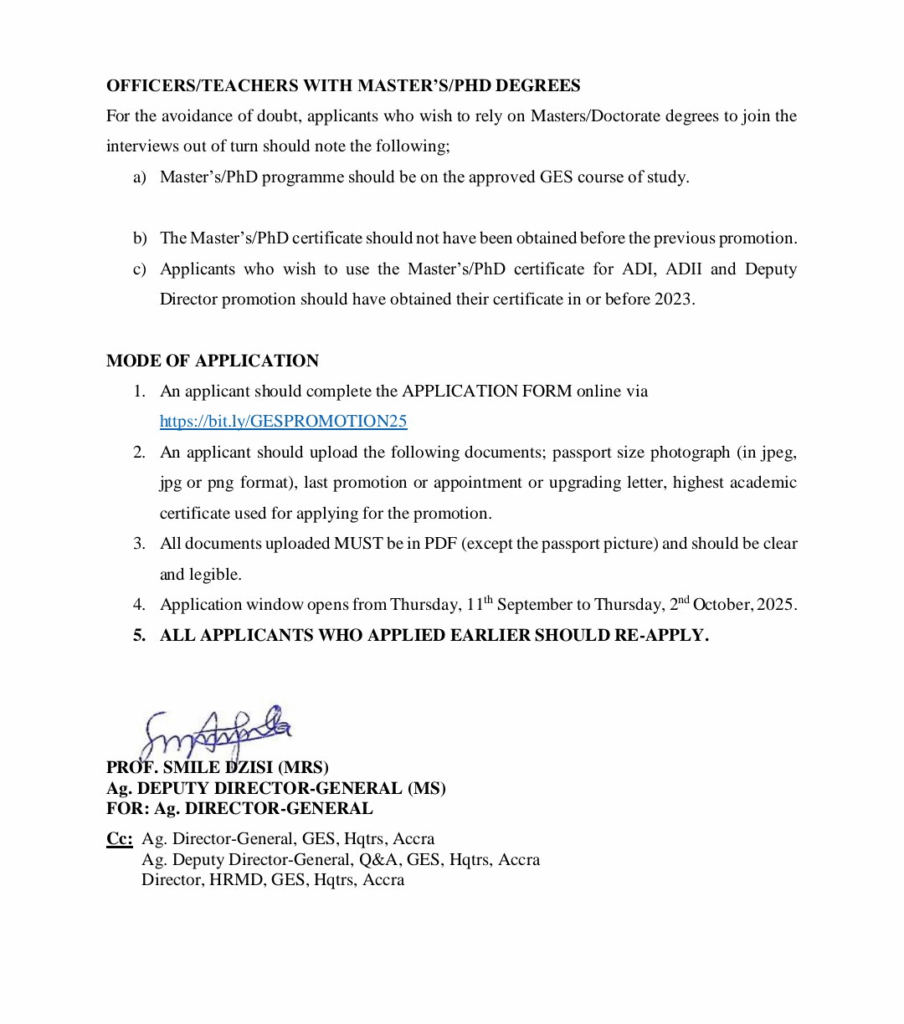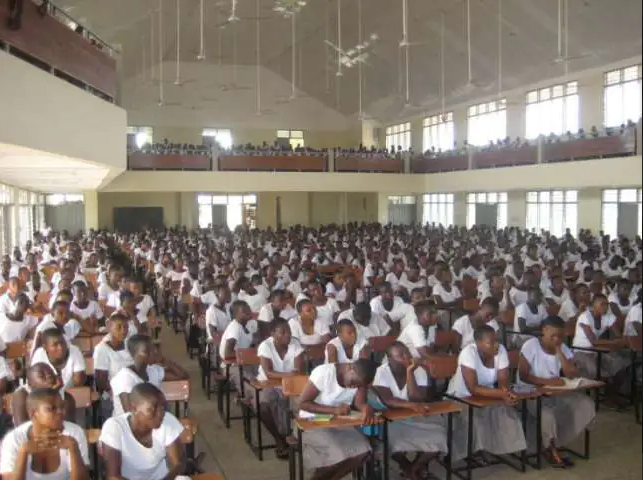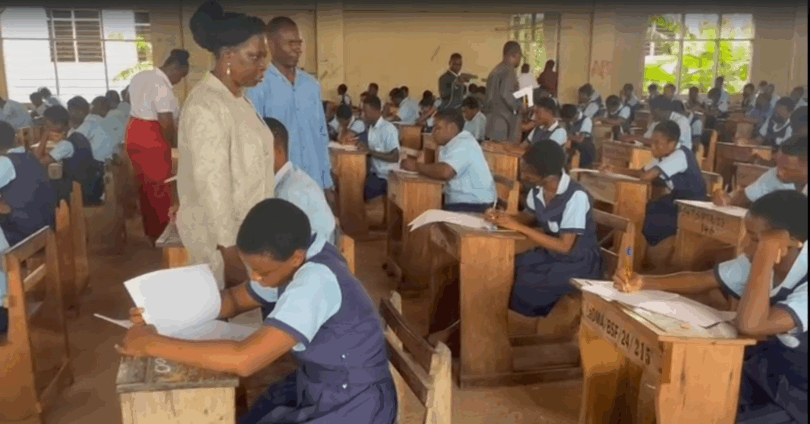Accra, Ghana – October 24, 2025
The Ghana National Association of Teachers (GNAT) has issued a strong condemnation following the tragic murder of Mr. Bukari Yahaya, Headteacher of D/A Primary School in Garu and District GNAT Treasurer for Garu Tempane in the Upper East Region. According to GNAT, Mr. Yahaya was fatally shot by unidentified assailants while attempting to protect his pupils near the Garu District Health Insurance office, which had come under siege. His actions, described as heroic, were in service to his students, community, and country.
In a press release signed by the General Secretary, GNAT Thomas T. Musah, the association expressed deep sorrow and outrage over the incident, calling on Ghana’s security agencies to swiftly apprehend the perpetrators and bring them to justice.
“We condemn this gruesome act in no uncertain terms and call on the security apparatus and all well-meaning citizens concerned to fish out the perpetrators and bring them to book with alacrity,” the statement read.
GNAT also urged Regional and District Security Councils to ensure the safety of teachers, school staff, and government workers across the country. The association emphasized the need for enhanced security measures to prevent similar tragedies.
Furthermore, GNAT appealed to the Ghana Education Service to provide counseling support to affected teachers and pupils, acknowledging the psychological trauma caused by the incident.
The statement concluded with a call to government to take decisive action against rising insecurity in Bawku and other affected areas, declaring:
“Never again should this happen to our Ghanaian compatriots!”
GNAT extended its condolences to the family of Mr. Yahaya and wished him eternal peace.


